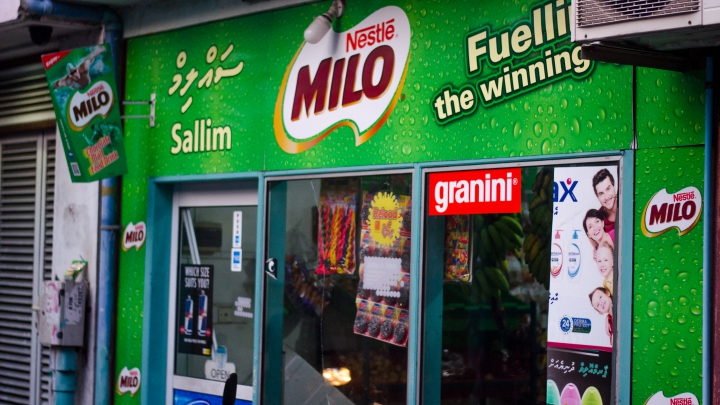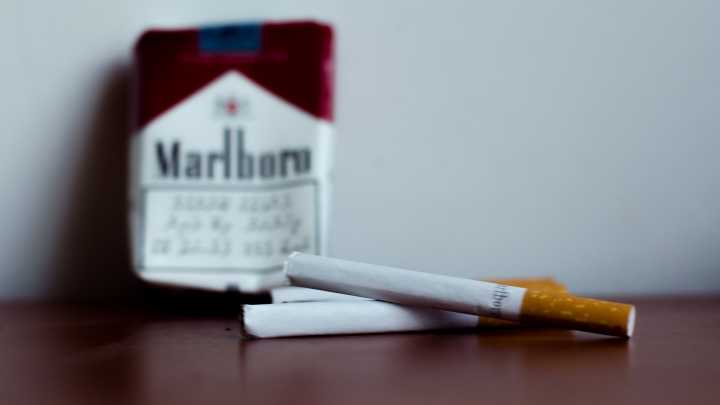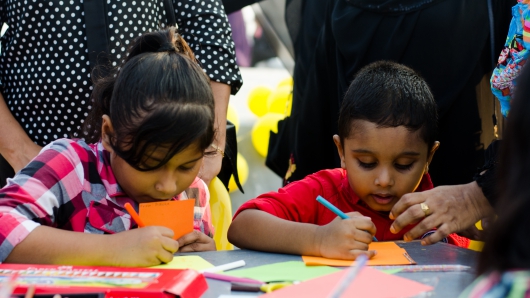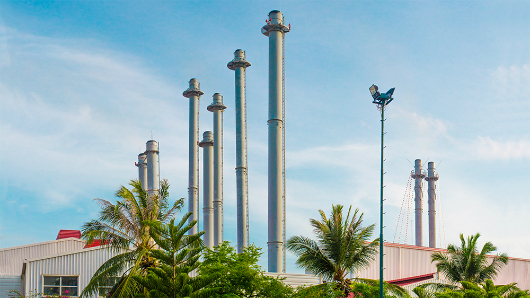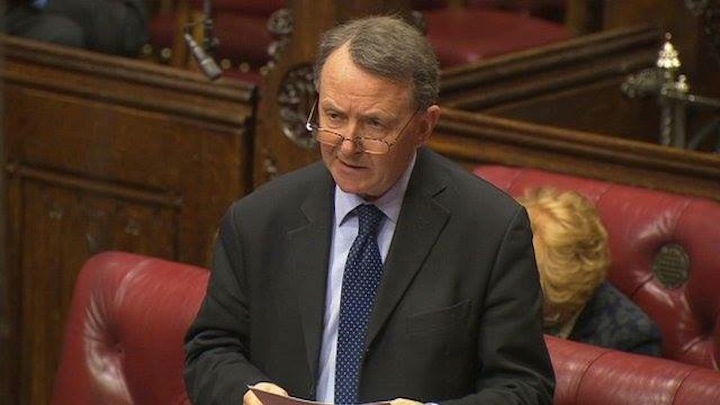The Inter-Parliamentary Union will send an urgent mission to the Maldives during the upcoming months to investigate death threats, attacks and arrests of MPs in the country.
The union, which represents parliaments around the world, said they are investigating reports that 30 former and current MPs have been victims of human rights abuses, including one MP who was murdered and another who was stabbed.
After the 132nd Inter-Parliamentary Union (IPU) assembly this week in Hanoi, the organization said political polarisation and heightened tensions in the Maldives “necessitated an urgent on-site mission” by the IPU’s human rights wing to gather first-hand information.
“The organisation is deeply concerned by the serious and repeated death threats allegedly made against opposition MPs in the Maldives since last year,” an IPU statement said.
Tensions are high across the country after the conviction of former President Mohamed Nasheed on terrorism charges this month, with opposition parties holding daily protests.
IPU also called on law enforcement agencies to show restraint, and to abide by international and national human rights laws and standards when handling protests.
Meanwhile, the opposition Maldivian Democratic Party (MDP) complains that the speaker of parliament has been excluding the party from the Maldives’ delegations to IPU.
Mohamed Rasheed, secretary general of the MDP parliamentary group, said the delegation is selected in a “petty” manner without including the main opposition party.
One MDP MP was present in Hanoi, but fellow members of his party said that he was “hand-picked”, whereas in the past, the party has sent two MPs of its choice.
Eva Abdulla, an MDP parliamentarian, has been excluded from recent delegations despite being an elected representative for all female South Asian MPs at the IPU.
Threats
Eva told Minivan News that opposition lawmakers have been receiving death threats “every other day” since the disappearance of Minivan News journalist Ahmed Rilwan last August. Rilwan has still not been found.
She said opposition MPs have been receiving phone calls and text messages, and sometimes stalked.
“We filed complaints at the police and with the Majlis itself. However the speaker has not even condemned the threats in public or privately,” she said.
Threats against opposition parliamentarians have caused the IPU to classify the Maldives as one of the most dangerous countries to be an MP, noted Eva.
Several opposition MPs have been arrested at anti-government protests.
Most recently, MP Ahmed Mahloof, formerly of the ruling Progressive Party of Maldives, was arrested at a protest last week and detained for five days.
When his detention ended, the criminal court placed him on further five days of house arrest after he refused the court’s condition to not participate in further protests for 60 days.
Similarly, MDP MP Ismail Fayyaz was given 15 days’ detention after he refused to accept release under the same conditions.
Eva said police had been slow to investigate a forced entry into Mahloof’s apartment last month, although they were handed CCTV footage of the incident.
The IPU’s list of Maldivian cases includes that of the late PPM MP Dr Afrasheem Ali, who was murdered outside of his home in October 2012, and the stabbing last year of MP Alhan Fahmy, who narrowly avoided paralysis as a result.
PPM MPs and the speaker of parliament had not responded to requests for comment at the time of going to press.

